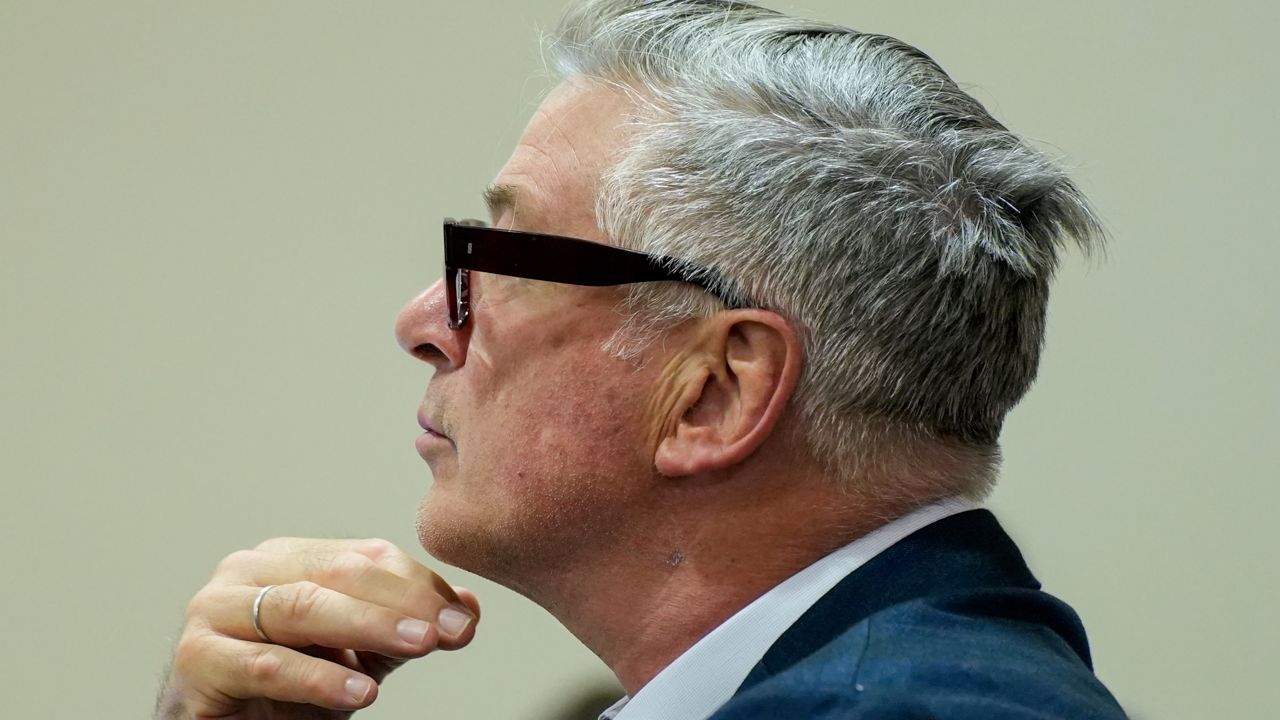LOS ANGELES (CNS) — The widow and minor children of singer Chris Cornell have reached a confidential settlement in a lawsuit in which they accused a Beverly Hills doctor of over-prescribing "mind-altering" drugs to the former Soundgarden frontman, leading to his 2017 suicide at age 52, court papers filed by the family's attorneys show.
The Los Angeles Superior Court lawsuit was filed in November 2018 on behalf of Cornell's widow, Vicky Cornell, who he married in 2004; their daughter, Toni, now 16 years old; and their son, Christopher, who is now 15. The plaintiffs allege that Dr. Robert Koblin prescribed the drugs — most notably Lorazepam, or Ativan — to Cornell beginning in September 2015 and continued to do so without ever actually examining the singer.
"After years of litigation and settlement negotiations, plaintiffs and (Koblin and Robertson Cardiovascular Center LLC) have reached a confidential settlement agreement to resolve all claims asserted by each plaintiff," the Cornell family's attorneys state in court papers filed April 2. "Unfortunately, as with many celebrity cases, this action has also attracted the attention of troubled individuals who have harassed plaintiffs, including by threatening the life and safety of plaintiffs Toni Cornell and Christopher Nicholas Cornell."
The plaintiffs' attorneys need court approval of the part of the settlement involving the Cornell children because those plaintiffs are minors. A hearing is scheduled July 26 before Judge Michael E. Whitaker.
Cornell died in Detroit on May 18, 2017. His death was ruled a suicide by hanging. Coroner's officials found prescription drugs in his system but determined they did not cause his death.
The lawsuit faulted Koblin for allegedly "negligently and repeatedly prescribing dangerous mind-altering controlled substances to Chris Cornell which impaired Mr. Cornell's cognition, clouded his judgment and caused him to engage in dangerous and impulsive behaviors that he was unable to control, costing him his life."
"At the time of his death, Mr. Cornell had everything to live for and was planning a future of recordings, performances and continued work as a charitable activist," according to the lawsuit.
Though Cornell had a "well-known history of past substance abuse and chemical dependency," Koblin prescribed him "more than 940 doses of Lorazepam" during the last 20 months of his life, according to the lawsuit, which alleges that "at no time during this period did Dr. Koblin conduct a medical examination of Mr. Cornell, perform any laboratory studies, obtain an interim history or do any type of clinical assessment of Mr. Cornell. He did not even physically see or speak to Mr. Cornell during this period."
The lawsuit, which alleged negligence, willful misconduct and failure to obtain informed consent, stated that for people with a history of substance abuse or addictive disorders, Lorazepam "was known to increase the risk of suicide by severely impairing judgment and rational thinking and by lessening impulse control."










